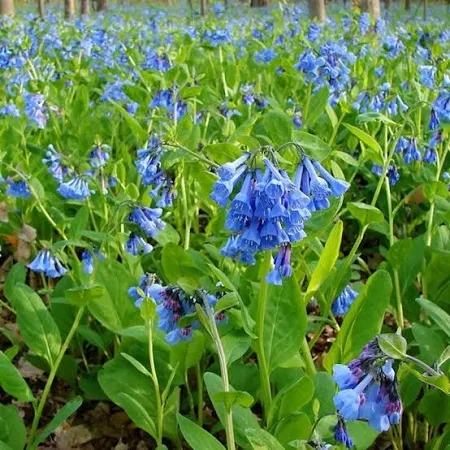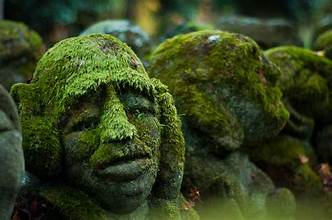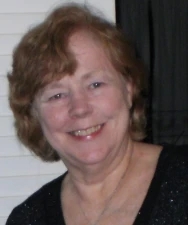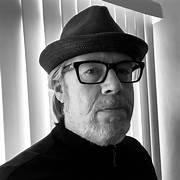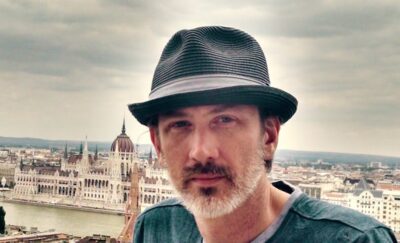
A Prayer for a New Year – 2024
.
Come to a standstill in all the light and madness
Come throw away the container of despair.
Come nearer the forgotten self, the lost meaning.
Don’t be afraid of the absence of what is unknown;
think of the absence of what was known.
Come release the sun that is shut up within the body.
Come shove the light into the night like a star.
Defy the queen, paint the roses white again.
Come let the verb probe through until it stops all the hate that flows.
Nothing stops the landscape as it walks through you,
it is fragile, held by the glass hands of the horizon
Lie on the grass, turn your eyes to the sky,
listen to the humming of the bee
let it be.
Come let the cloud burst soak you to the skin.
Come to the sands by the water’s edge.
Come to the beach’s longing to stop the world on the brink.
Follow the path, listen to the voiceless trees,
run from the swollen shadows.
Come like a dancing flame.
Come weave your way homeward.
Ler there be nothing between us,
between me and them and their coming back.
When you come be more than when you went away.
.
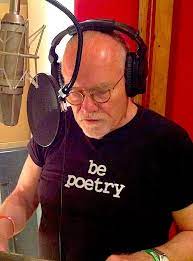 Charles Carr of Philadelphia has two published books of poems, paradise,pennsylvania and Haitian Mudpies & Other Poems. Charles has been active in the Philadelphia poetry community for 20 years and he hosted a Moonstone Arts Center Poetry series at Fergie’s Pub for 5 years and is currently the host of a live monthly broadcast Philly Loves Poetry now in its seventh season. Eat This Poem, a Chapbook, published ny Moonstone Press, was released in December. Proceeds of the sales of the chapbook will go to Ukraine Trust Chain.
Charles Carr of Philadelphia has two published books of poems, paradise,pennsylvania and Haitian Mudpies & Other Poems. Charles has been active in the Philadelphia poetry community for 20 years and he hosted a Moonstone Arts Center Poetry series at Fergie’s Pub for 5 years and is currently the host of a live monthly broadcast Philly Loves Poetry now in its seventh season. Eat This Poem, a Chapbook, published ny Moonstone Press, was released in December. Proceeds of the sales of the chapbook will go to Ukraine Trust Chain..
.




